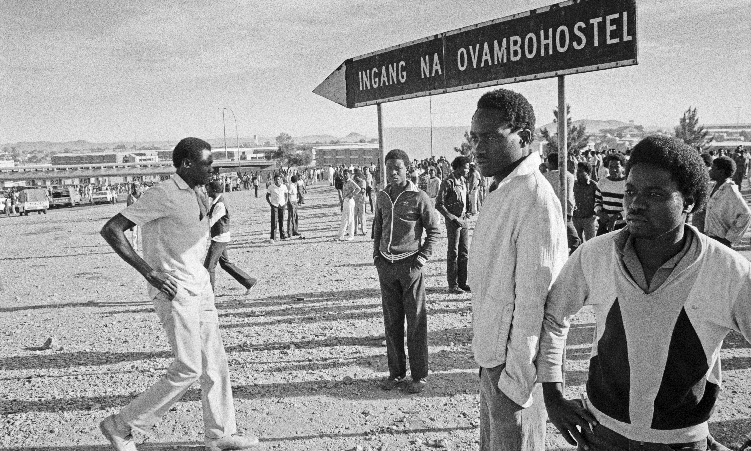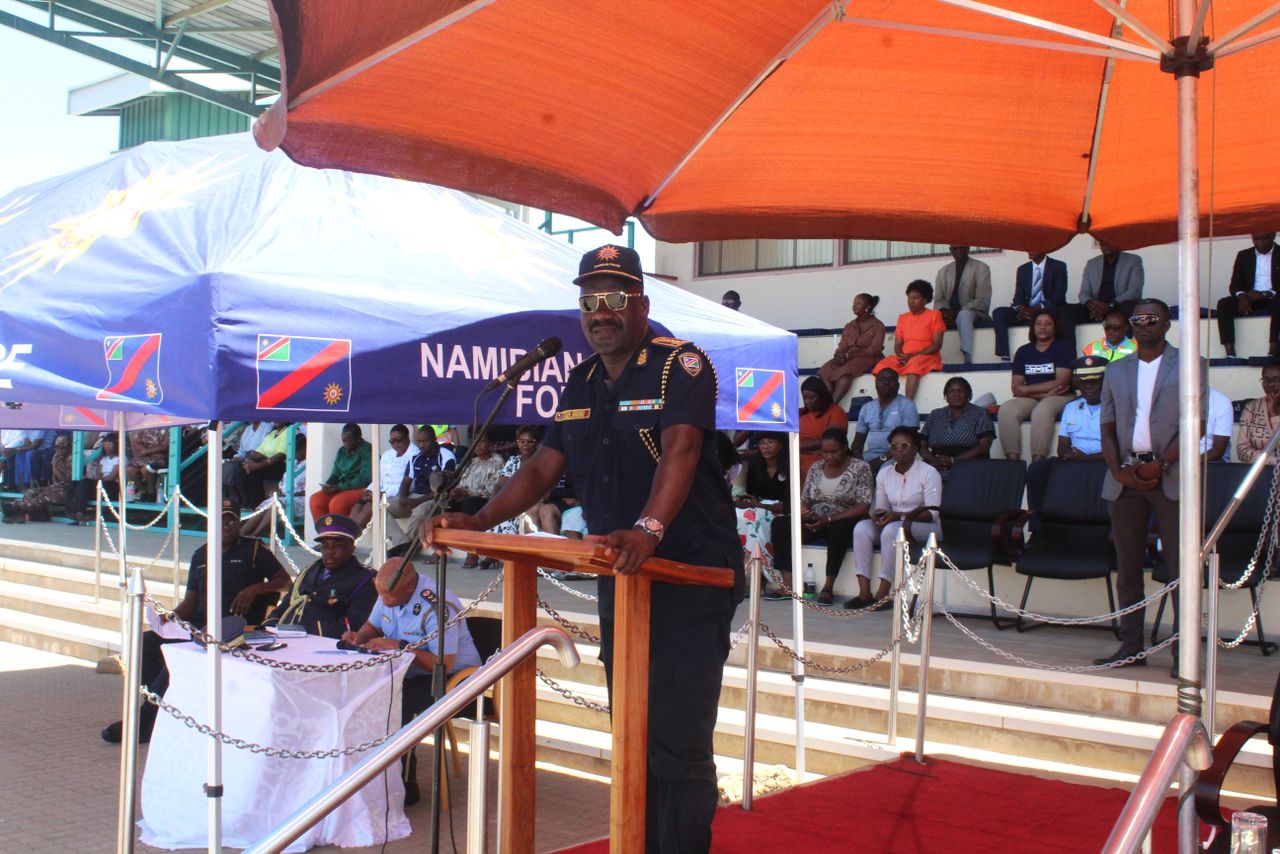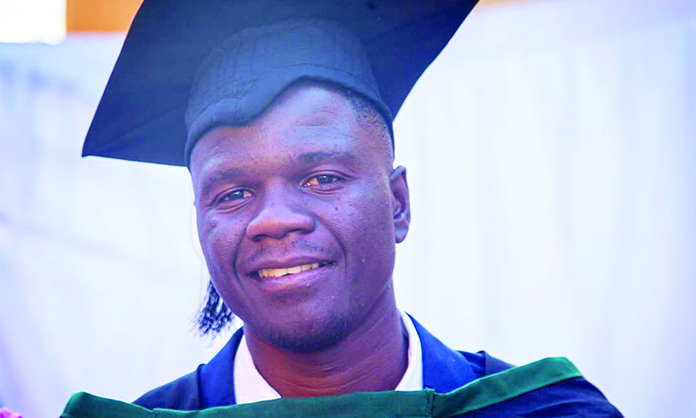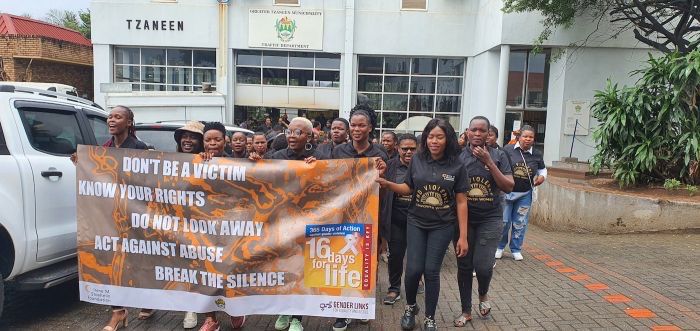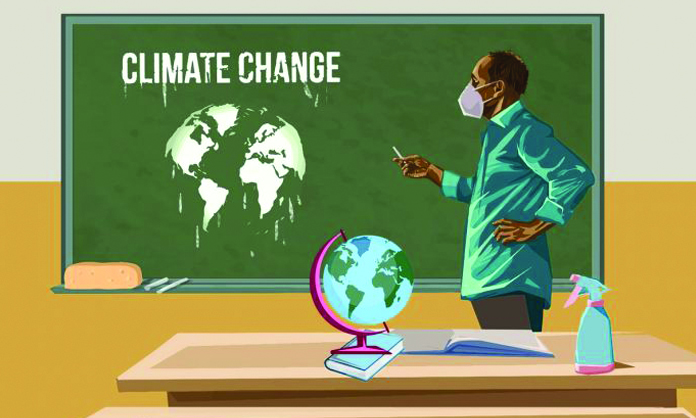Lawmaker Nico Smit on Tuesday likened the public gatherings and procession bill to the apartheid governance system which infringes on people’s freedom of expression.
Smit, who said he was a part of the apartheid system, was contributing to the debate on the bill in the National Assembly.
“This bill, reminiscent of apartheid-era restrictions, emerges precisely as Namibians increasingly exercise their right to public gatherings to voice critical concerns about the current administration.”
Nico Smit
Smit said the government wants to take Namibia back to the era before independence by controlling citizens’ right to gather and express themselves.
“The apartheid laws were meticulously designed to minimise public gatherings, curtailing the ability of citizens to congregate and express their political and social concerns, and there I want to say ‘ask me, I was one of them, I was part of the system’,” he said.
Smit believes the reintroduction of these stringent and bureaucratic controls on public gatherings is not a mere coincidence but rather a deliberate attempt to curtail the growing public dissent and inhibit the fundamental democratic right to peacefully assemble and advocate for change.
One of the sections of the bill the lawmaker highlighted deals with the power it will give an inspector general of the Namibian Police.
“Section 3 (5) of the bill grants the inspector general of the police significant power in determining whether to accept or reject notices for public gatherings, placing undue control in the hands of a single individual,” he pointed out.
He said this empowerment raises serious concerns about impartiality and fairness in decision-making as the person in the inspector general position is appointed by the president of the country.
“When the decision to allow such gatherings rests with a politically aligned figure, it threatens to stifle opposition voices and curtail robust public discourse,” he said.
Smit believes the inspector general’s ability to unilaterally decide the fate of public gatherings, especially those that may criticise government actions or policies, poses a direct threat to freedom of expression and assembly.
“It raises the question: will the inspector general act in the interest of the public, or in favour of the political powers that be?” he asked.
Minister of labour, industrial relations and employment creation Utoni Nujoma interjected, saying the control of public gatherings is an international practice of governments.
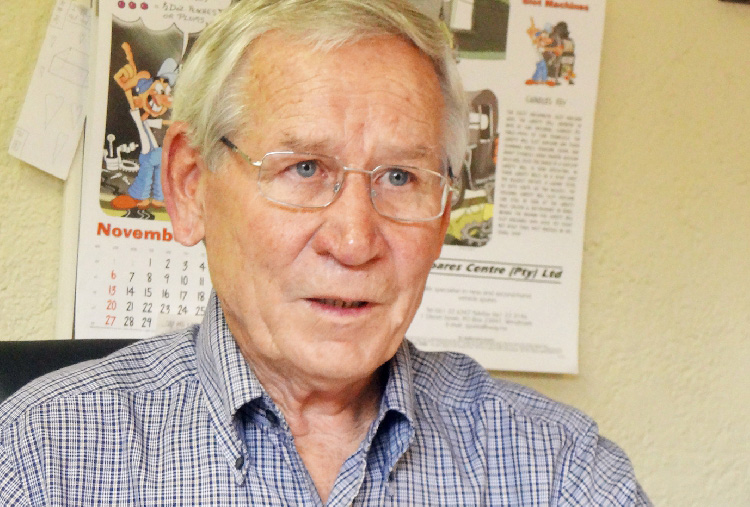
“In the United States, you cannot just stand up. You need to have prior approval from the police to stage any demonstration. It is everywhere, even in Germany, every country in the world.”
Utoni Nujoma
He questioned what the problem is with seeking approval from the inspector general and the police.
“It has nothing to do with politics. It is politics,” Nujoma added.
The minister said Namibia should not be different from other democracies where approval to stage a demonstration is needed.
Lawyer Dianne Hubbard says it is ironic that the bill is more restrictive than the apartheid-era Public Gatherings Proclamation of 1989 that is still in force.
“I think that the law should not give anyone the power to ban gatherings completely… How would this bill affect public discourse and the ability of citizens to hold the government accountable?” she questions.
She does not believe the bill stands the test of the Constitution.
“These rights are not absolute, but I don’t think that the bill as it stands passes constitutional muster because the interference with the rights is not reasonable or minimal,” she says.
She questions how the bill aligns with Namibia’s constitutional protections of freedom of assembly and expression.
“The bill requires notice of gatherings on the basis of their subject matter rather than their size or potential for threatening public order,” Hubbard says.
The lawyer questions whether the provision undermines democratic principles by concentrating decision-making power in the hands of a politically appointed official.
Stay informed with The Namibian – your source for credible journalism. Get in-depth reporting and opinions for
only N$85 a month. Invest in journalism, invest in democracy –
Subscribe Now!


